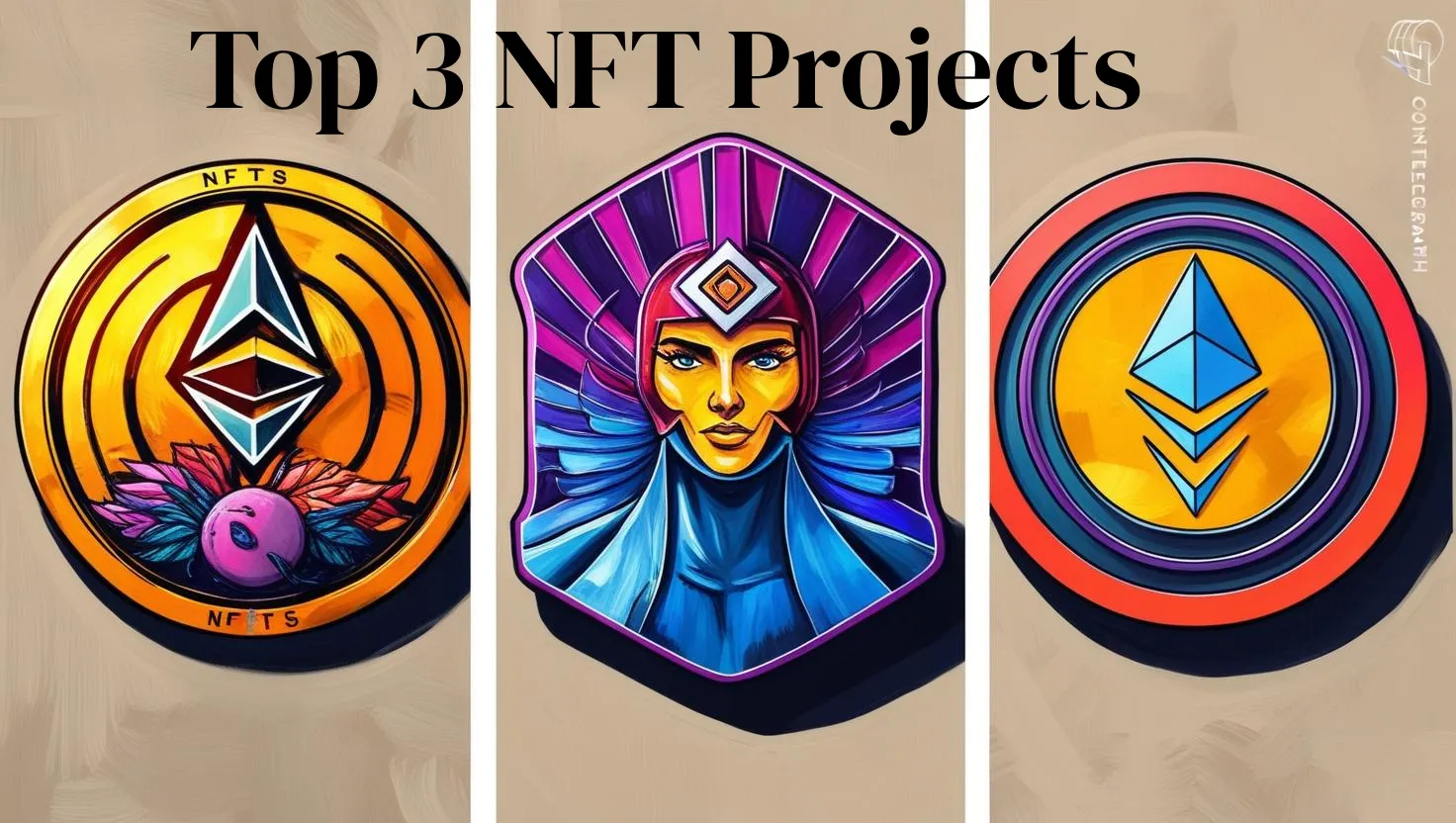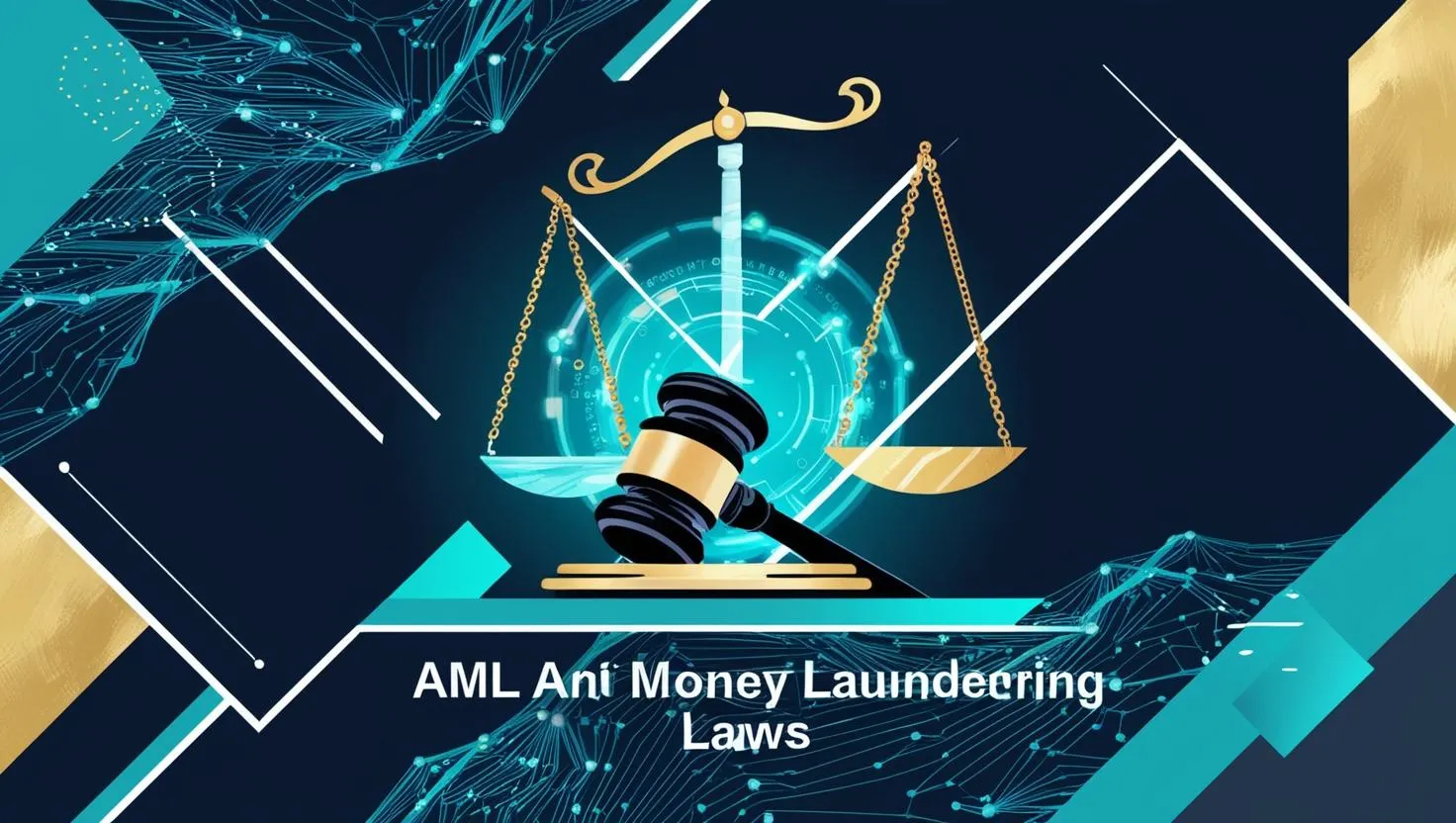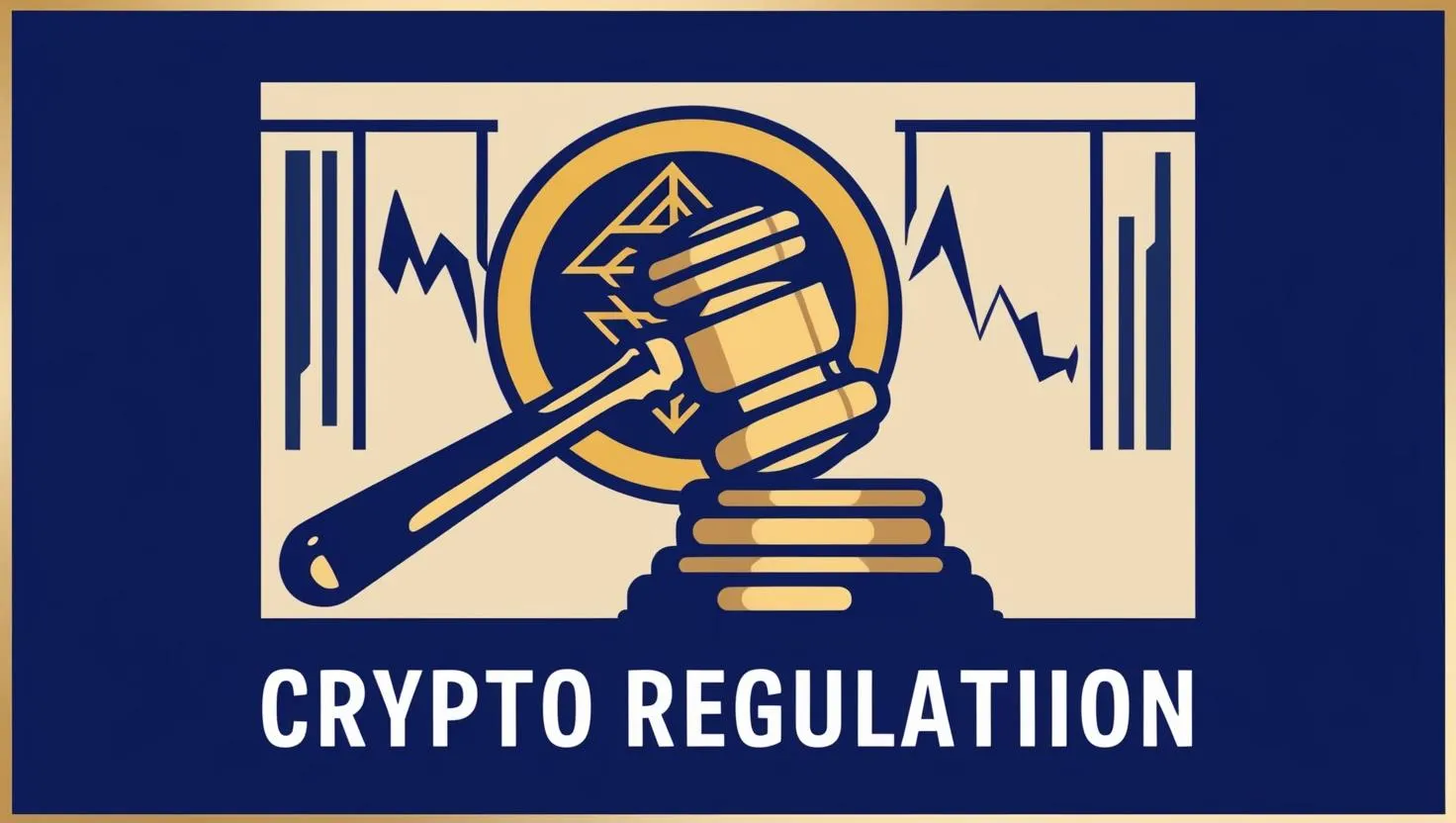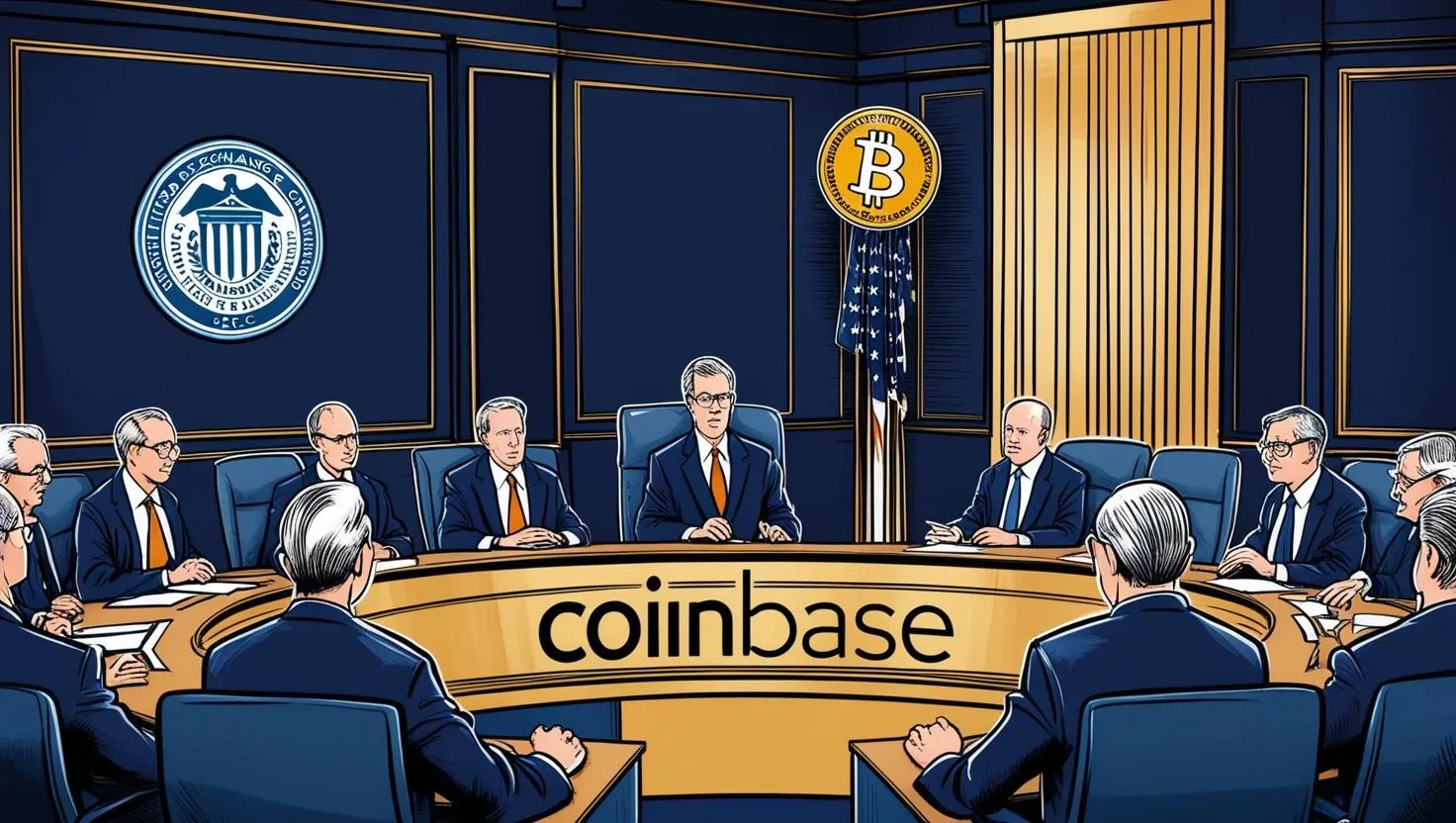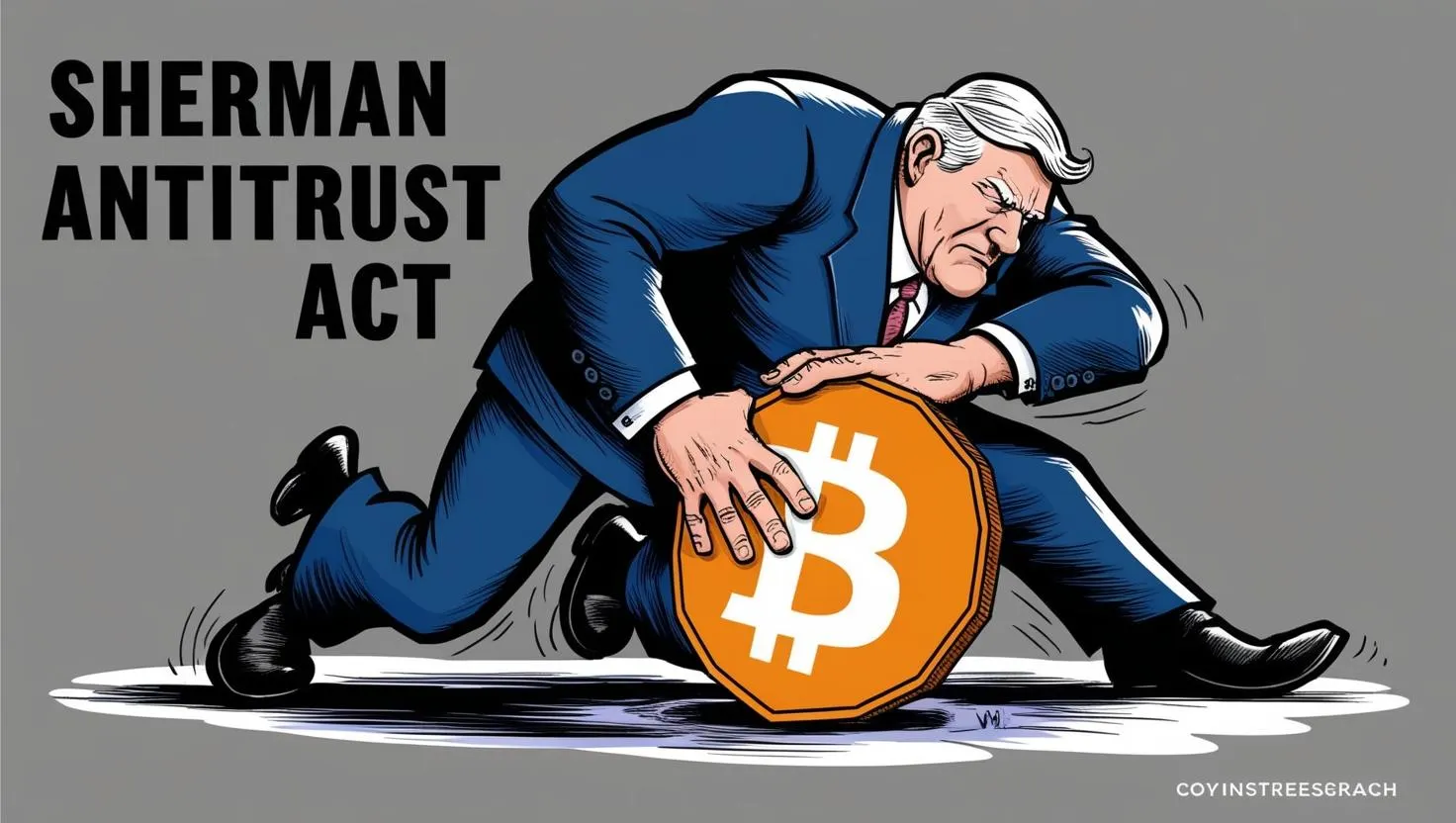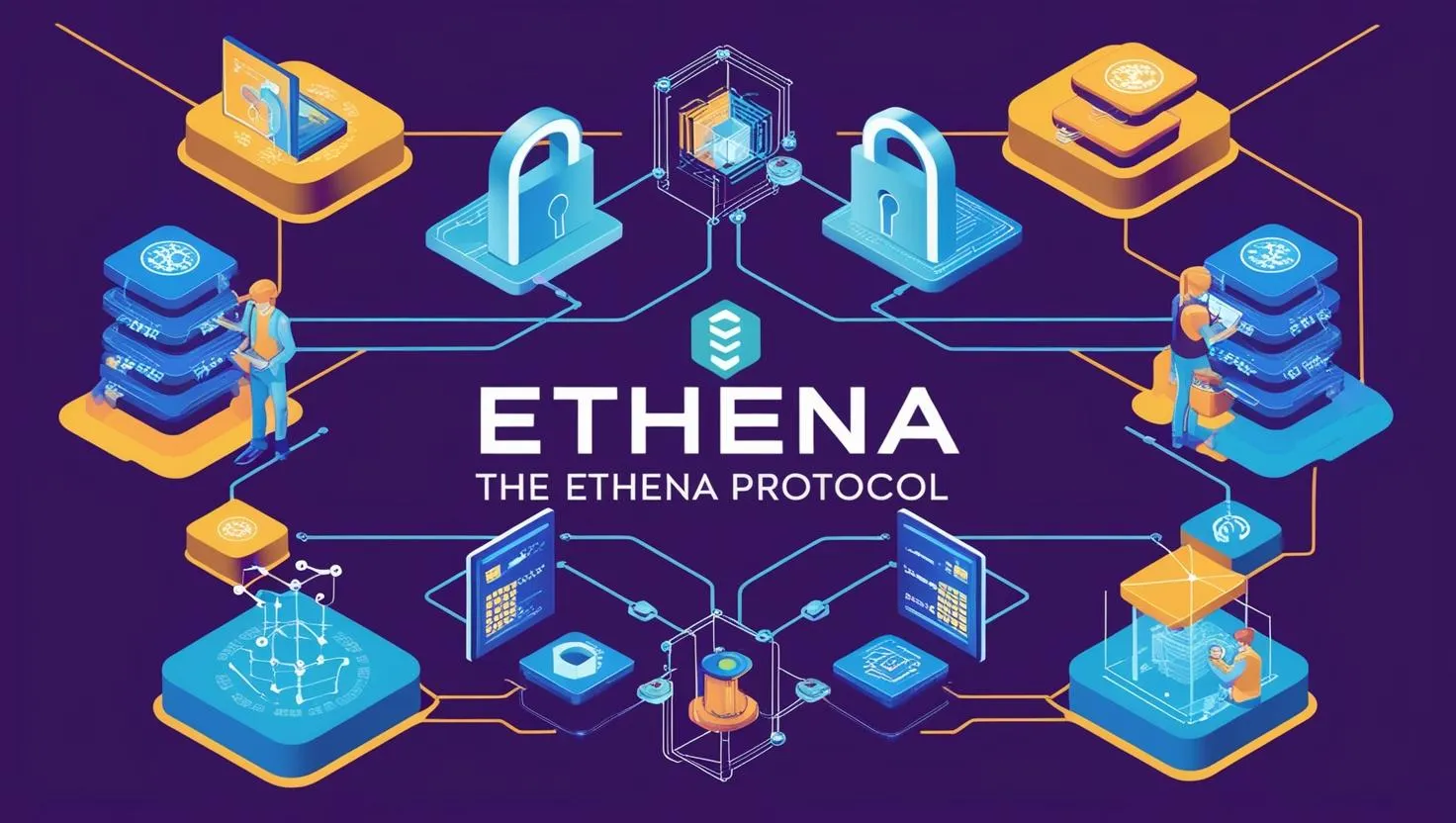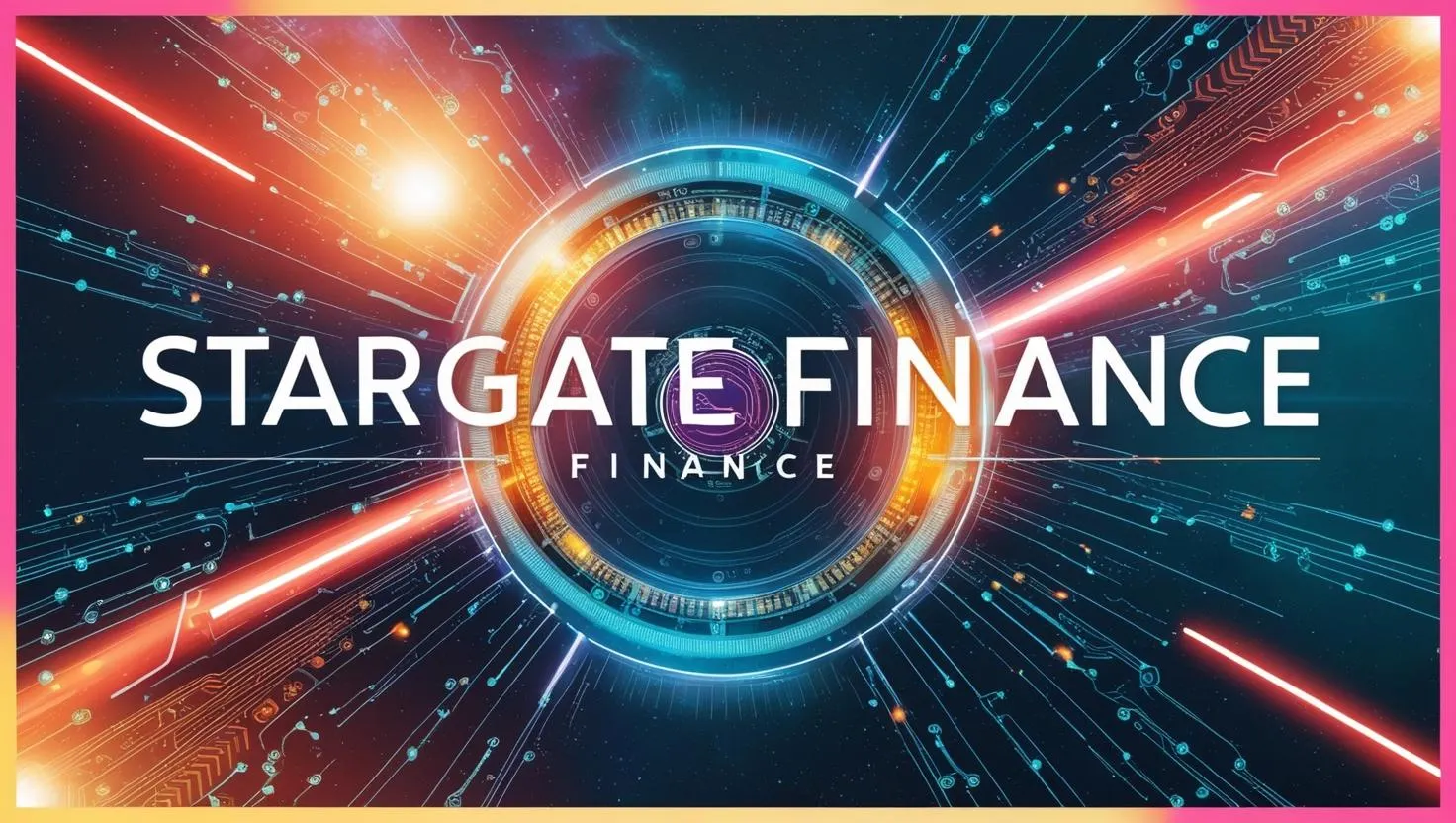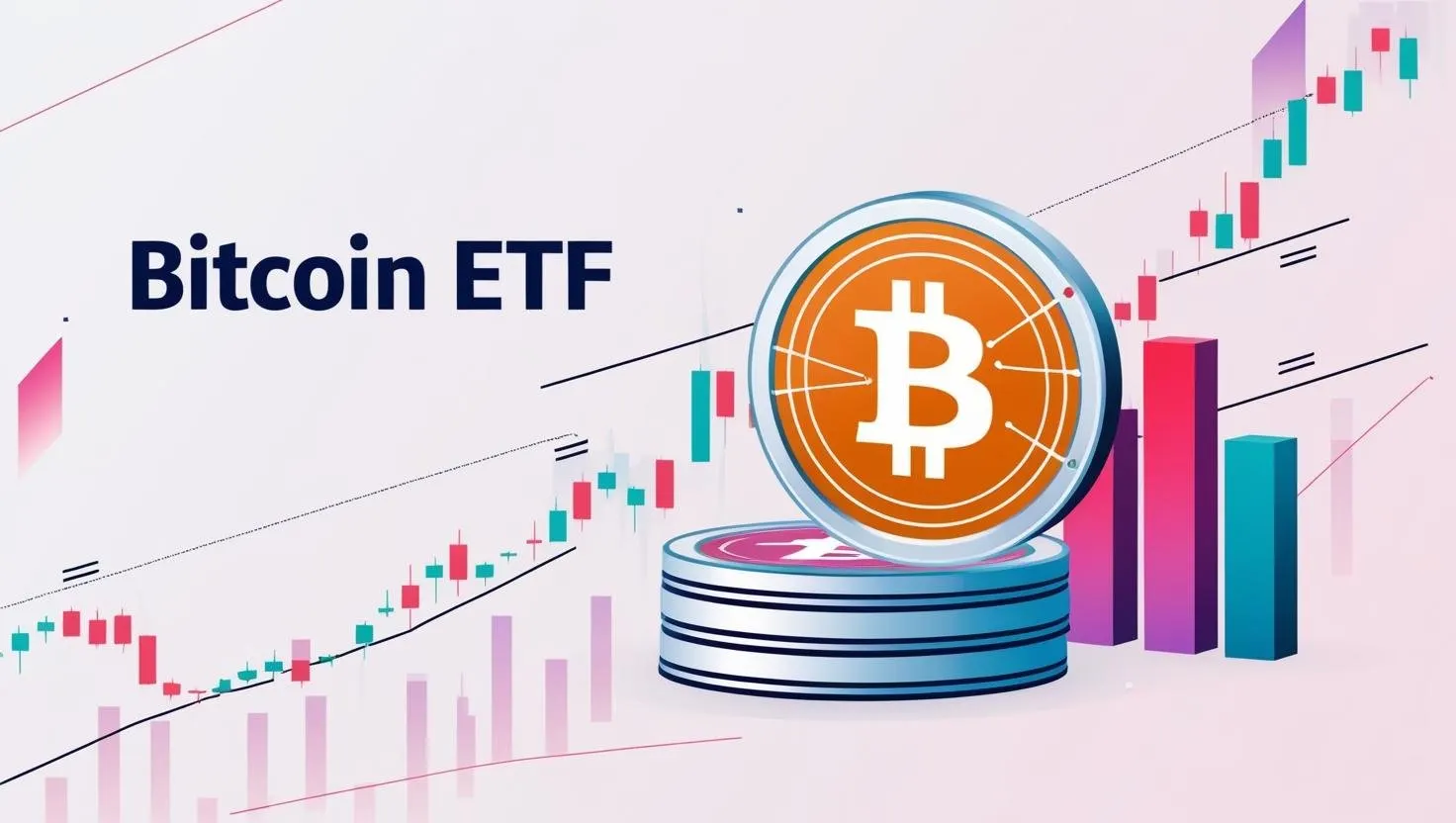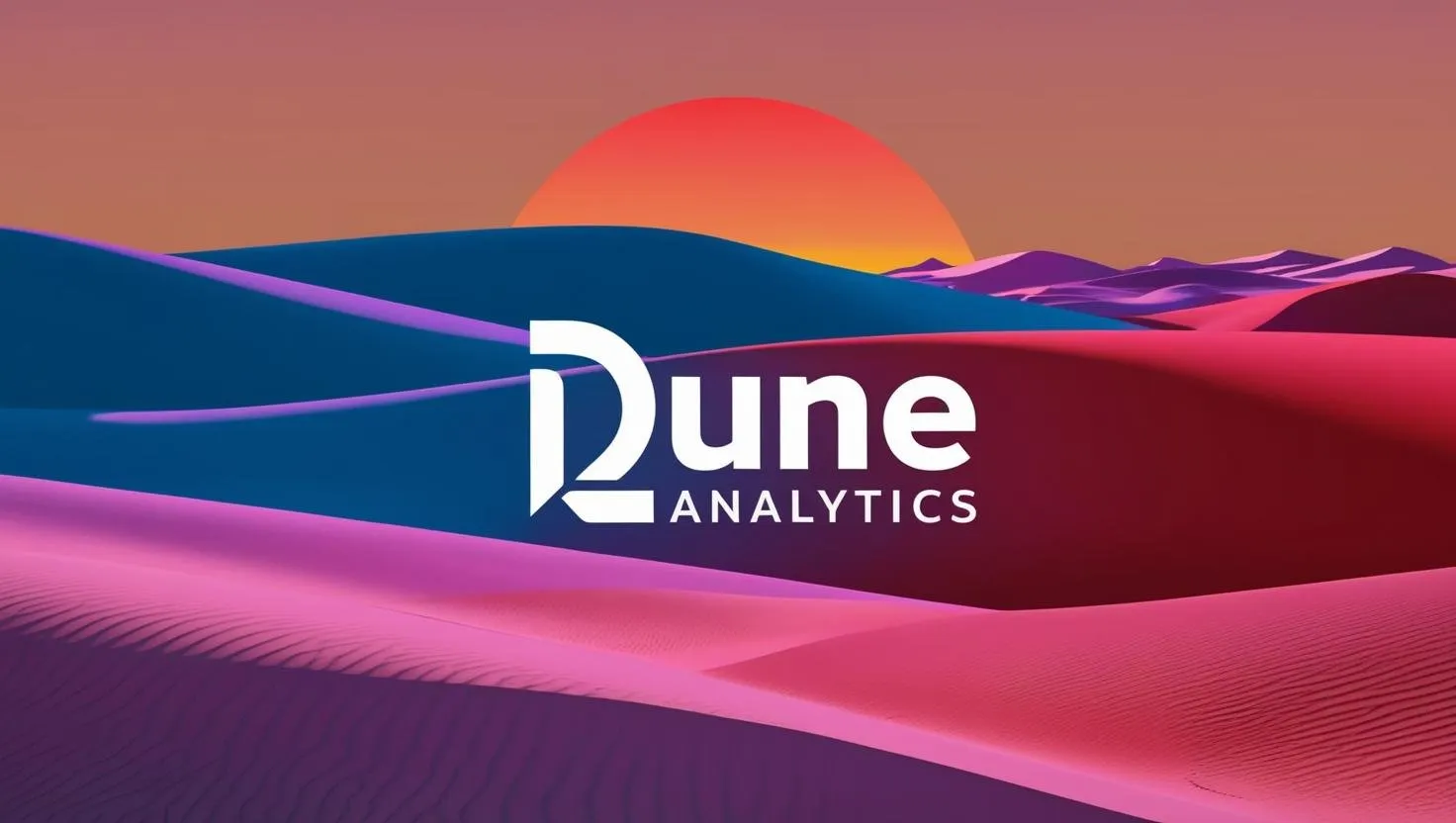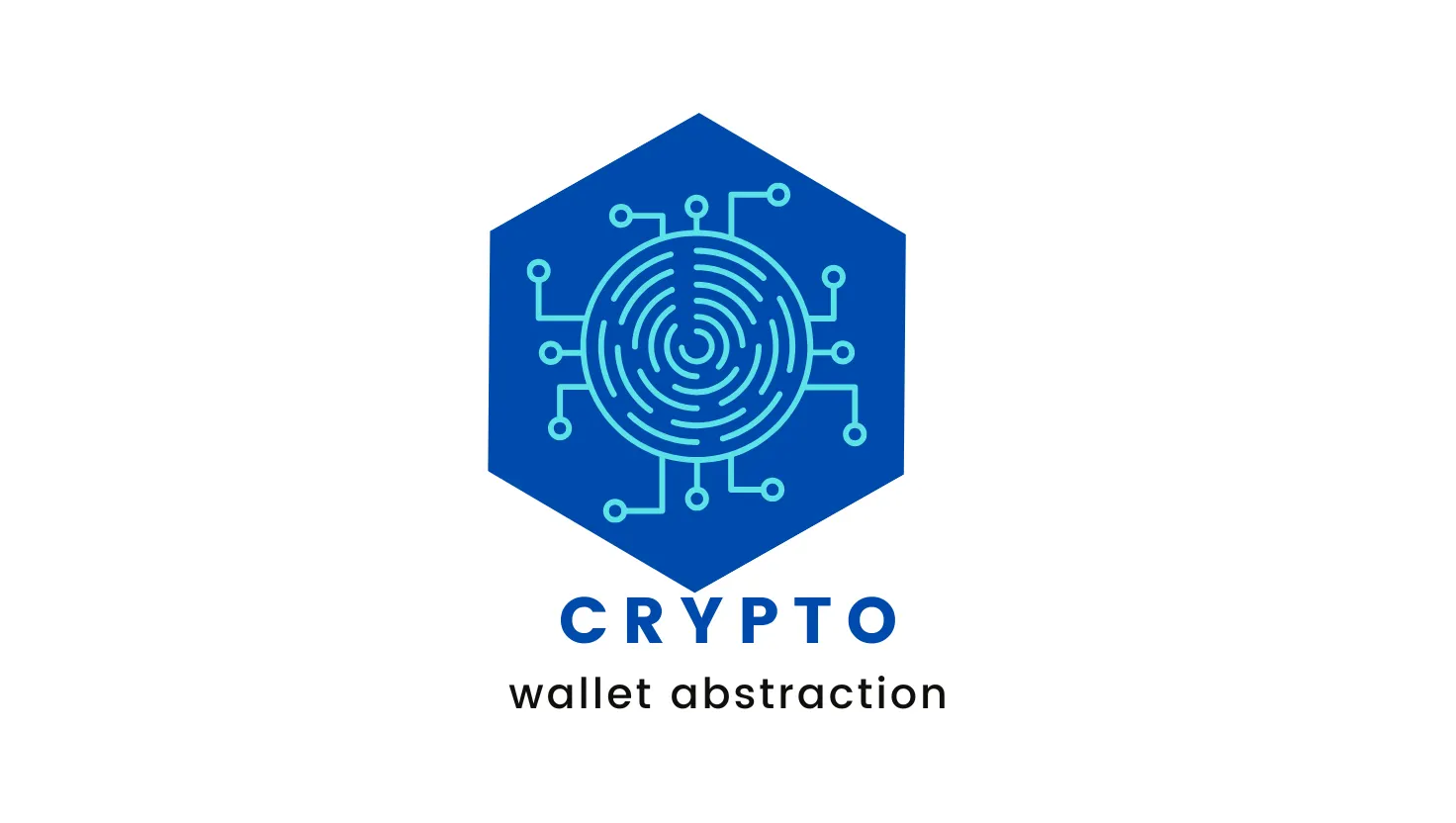Could Coinbase Face Sherman Antitrust Act Scrutiny in the Crypto Market?
Could Coinbase Face Sherman Antitrust Act Scrutiny in the Crypto Market?
As the cryptocurrency industry matures, regulatory attention is sharpening, with major players like Coinbase potentially facing scrutiny under the Sherman Antitrust Act of 1890. This landmark U.S. law, designed to promote competition and curb monopolies, prohibits anti-competitive practices and market monopolization.
With Coinbase’s dominant position in the U.S. crypto exchange market, questions arise about whether its business practices could attract antitrust investigations. Here’s what crypto investors and users need to know about the Sherman Act and its potential implications for Coinbase.
Understanding the Sherman Antitrust Act
The Sherman Antitrust Act has two core provisions:
- Section 1: Prohibits agreements or conspiracies that restrain trade, such as price-fixing or collusion.
- Section 2: Bans monopolization or attempts to monopolize a market through exclusionary or predatory practices.
In the crypto context, these provisions could apply to centralized entities like exchanges, where market dominance or coordinated actions might harm competition or consumers.
As one of the largest U.S.-based crypto exchanges, Coinbase’s actions could come under the microscope if regulators suspect anti-competitive behavior.
Coinbase’s Market Dominance
Coinbase, founded in 2012, is a titan in the crypto exchange space, commanding a significant share of U.S. trading volume. As of April 2025, it boasts millions of users, a user-friendly platform, and a diverse range of listed cryptocurrencies.
Its institutional services, staking offerings, and custody solutions further solidify its influence. However, this dominance raises questions about whether Coinbase’s practices could stifle competition in ways that violate the Sherman Act.
Potential Antitrust Concerns
Exclusive Listings and Token Access:
- Coinbase’s process for listing new cryptocurrencies has faced criticism for being opaque. If Coinbase were found to favor certain tokens through exclusive deals or to deliberately exclude promising competitors’ tokens to benefit its own interests (e.g., tokens it holds or backs), this could be seen as an attempt to control market access, potentially violating Section 1 or 2.
Fee Structures and Predatory Pricing:
- Coinbase’s fee structure, while competitive, has been a point of contention. If the exchange were to engage in predatory pricing—slashing fees to unsustainable levels to drive out smaller rivals like Kraken or Gemini—it could face Section 2 scrutiny for attempting to monopolize the market.
- Collusion with Other Players:
- Section 1 prohibits conspiracies that restrain trade. If Coinbase were to coordinate with other major exchanges or stablecoin issuers (e.g., Circle’s USDC, which Coinbase co-developed) to manipulate prices, exclude competitors, or control market dynamics, regulators could investigate for collusion. For example, coordinated efforts to prioritize USDC over rival stablecoins like Tether (USDT) might raise red flags.
- Staking and Custody Services:
- Coinbase’s dominance in staking and institutional custody could be scrutinized if it uses exclusive contracts or bundling to lock in customers and exclude competitors. For instance, requiring institutional clients to use Coinbase’s custody services as a condition for accessing its trading platform could be viewed as anti-competitive.
Challenges in Applying the Sherman Act to Coinbase
While Coinbase’s size and influence make it a potential target, applying the Sherman Act to crypto exchanges is complex:
- Defining the Market: Antitrust cases require defining the relevant market (e.g., “U.S. crypto exchanges” or “global trading platforms”). Coinbase’s competition includes not only U.S. rivals like Kraken but also global players like Binance, complicating market analysis.
- Global Operations: Crypto markets are borderless, while the Sherman Act applies to U.S. commerce. Coinbase’s international operations could limit the Act’s reach.
- Decentralized Competition: The rise of decentralized exchanges (DEXs) like Uniswap challenges Coinbase’s dominance, potentially weakening claims of monopolization.
- Regulatory Overlap: The SEC and CFTC already regulate Coinbase for securities and commodities issues. Antitrust scrutiny from the Department of Justice would need to navigate this crowded regulatory landscape.
Real-World Context
As of April 2025, no formal Sherman Act case has been brought against Coinbase, but the exchange has faced regulatory pressure. In 2023, the SEC sued Coinbase for operating as an unregistered securities exchange, signaling heightened oversight. If allegations of anti-competitive practices—such as excluding rival tokens or colluding on fees—emerge, the Department of Justice could pivot to antitrust enforcement.
For comparison, Binance faced DOJ scrutiny in 2023 for potential market manipulation, hinting at the broader regulatory appetite for crypto antitrust cases.
What This Means for Crypto Investors
For Coinbase users and crypto investors, potential antitrust scrutiny could have significant implications:
- Market Volatility: Legal battles could shake confidence in Coinbase, impacting its stock price (COIN) and crypto trading volumes.
- Increased Competition: If regulators curb anti-competitive practices, smaller exchanges or DEXs could gain market share, offering investors more choices.
- Fee Changes: Antitrust action could force Coinbase to adjust its fee structure, affecting trading costs.
- Innovation Risks: Overzealous regulation might stifle Coinbase’s ability to innovate, but unchecked dominance could harm consumers by limiting options.
Looking Ahead
Coinbase’s leadership in the crypto market makes it a prime candidate for antitrust scrutiny under the Sherman Act, particularly if it engages in exclusionary practices or colludes to control markets.
However, the decentralized and global nature of crypto complicates enforcement, and no clear precedent exists for such a case. Investors should monitor regulatory developments closely, as antitrust action could reshape the competitive landscape of crypto exchanges.
For now, Coinbase remains a cornerstone of the crypto economy, but its dominance comes with responsibility. As regulators sharpen their focus, the exchange must navigate a fine line between innovation and compliance to avoid the crosshairs of the Sherman Antitrust Act.
Disclaimer: This article is for informational purposes only and not financial or legal advice. Always conduct your own research before investing.





